The MEI regularly releases new tools, research, and resources to help malaria endemic countries reduce transmission of malaria. Our featured resources include some of our most recent releases. Access to all MEI-published materials is available on our publications page.
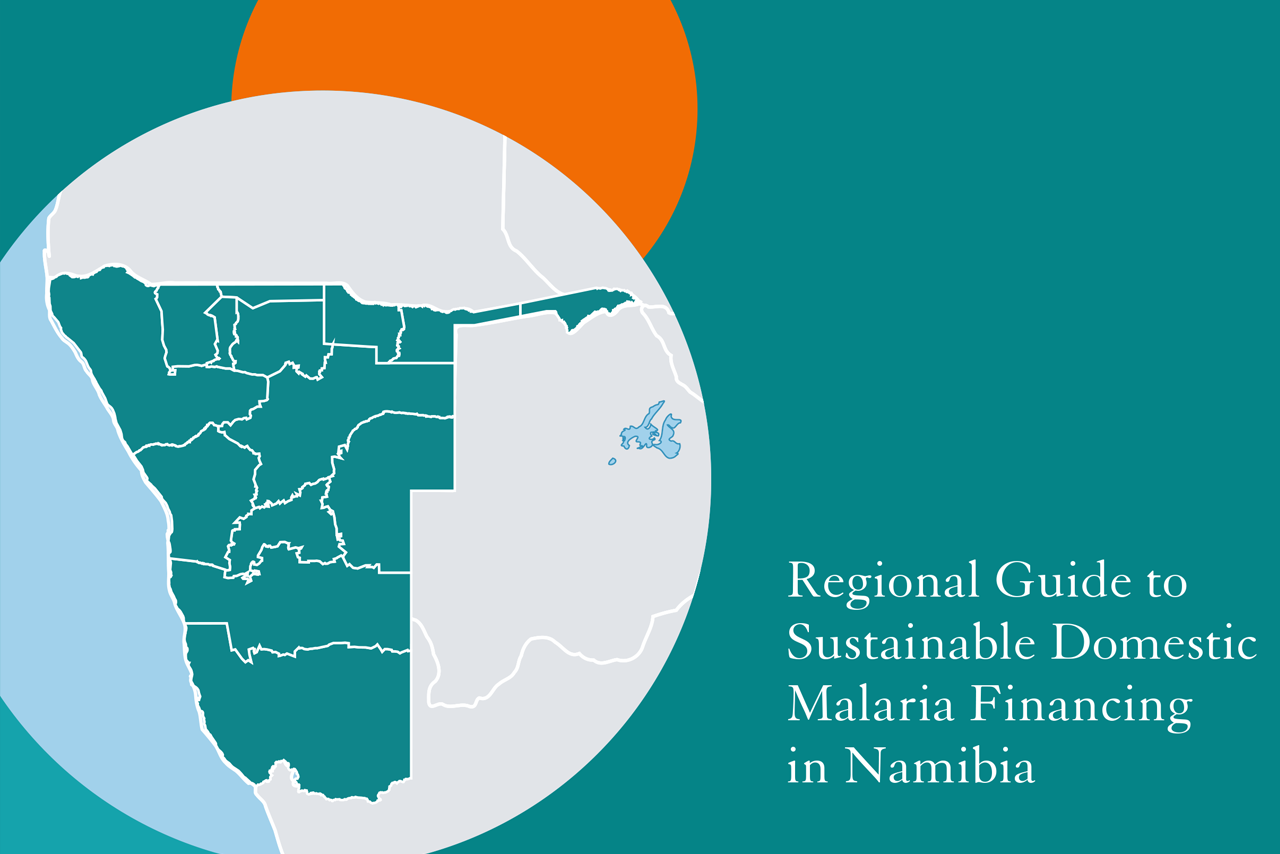
Regional Guide to Sustainable Domestic Malaria Financing in Namibia
The Regional Guide to Sustainable Domestic Malaria Financing in Namibia was developed under MEI’s advocacy partnership with Namibia’s Ministry of Health and Social Services and in collaboration with the Centre for Economic Governance and Accountability in Africa. The guide provides regional Malaria Elimination Task Forces, comprised of local leaders representing government, non-governmental and faith-based organizations, private sector, academia, and local elected officials, with actionable guidance on current malaria budget processes and mechanisms for engagement in order to strengthen domestic financing for malaria.
Read More
Budget monitoring and expenditure tracking (BMET) training series
The MEI and the Centre for Economic Governance and Accountability in Africa (CEGAA) have collaborated to develop an online training series for malaria leaders to strengthen budget management and advocacy skills. This 14-module series includes video instruction and supplementary activities providing foundational knowledge on health financing and economics, practical skills to analyze and develop budgets, and tactics to influence decision-makers.
Read More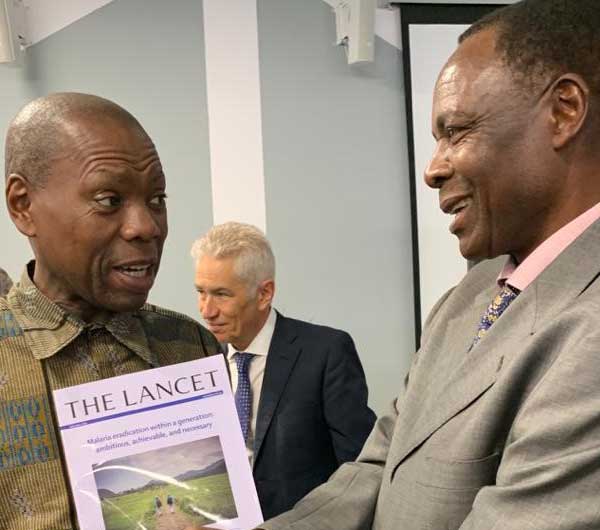
A comprehensive list of MEI publications
Since inception, the MEI’s faculty, staff, and partners have published more than 240 articles.
Read More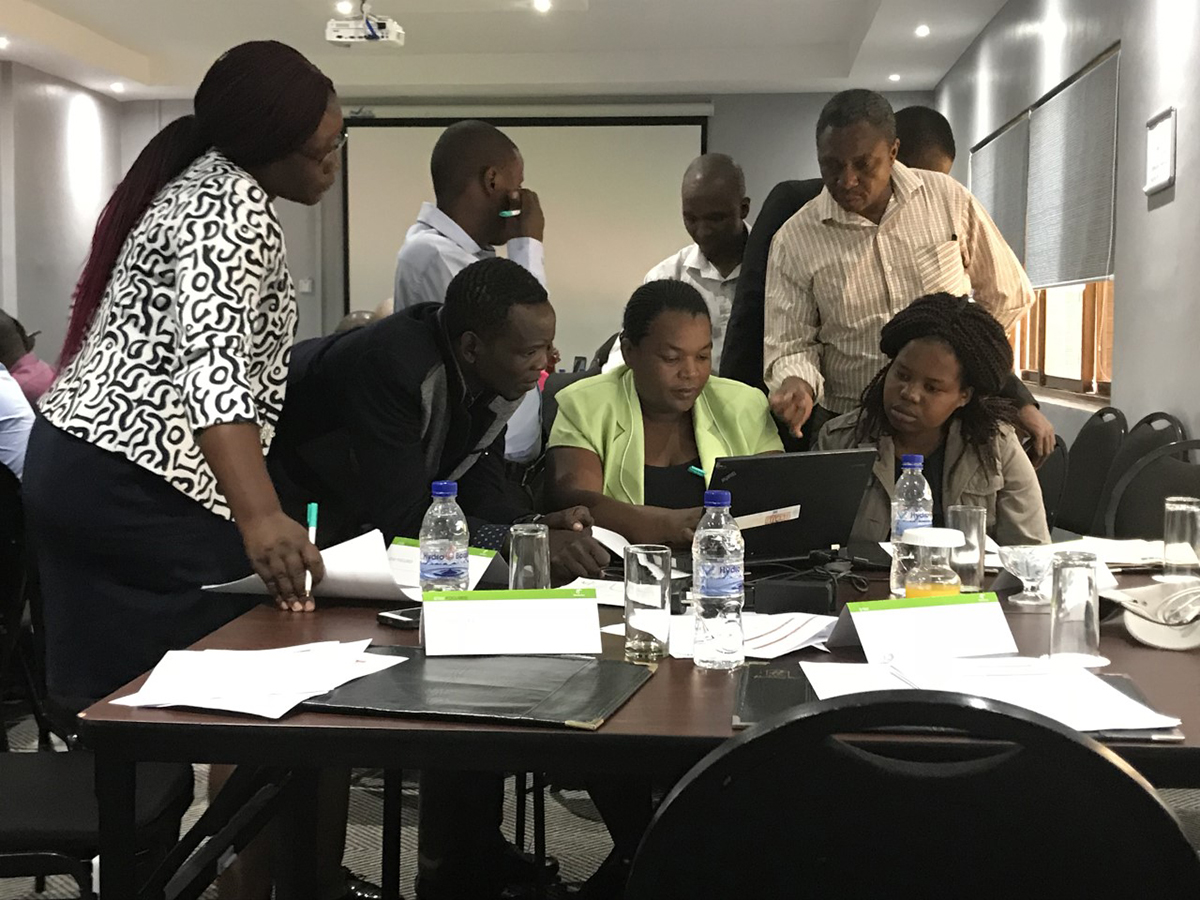
Leadership & Engagement for Improved Accountability & Delivery of Services Framework (LEAD)
Leadership & Engagement for Improved Accountability & Delivery of Services Framework (LEAD): LEAD supports national malaria programs in approaching operational problem-solving in a systematic, participatory manner while also building capacity for leadership and management at any level and across levels and ensuring sustainability. It also supports malaria programs to improve teamwork and the quality of service delivery, make data-informed decisions to improve operations, and take critical action.
Read More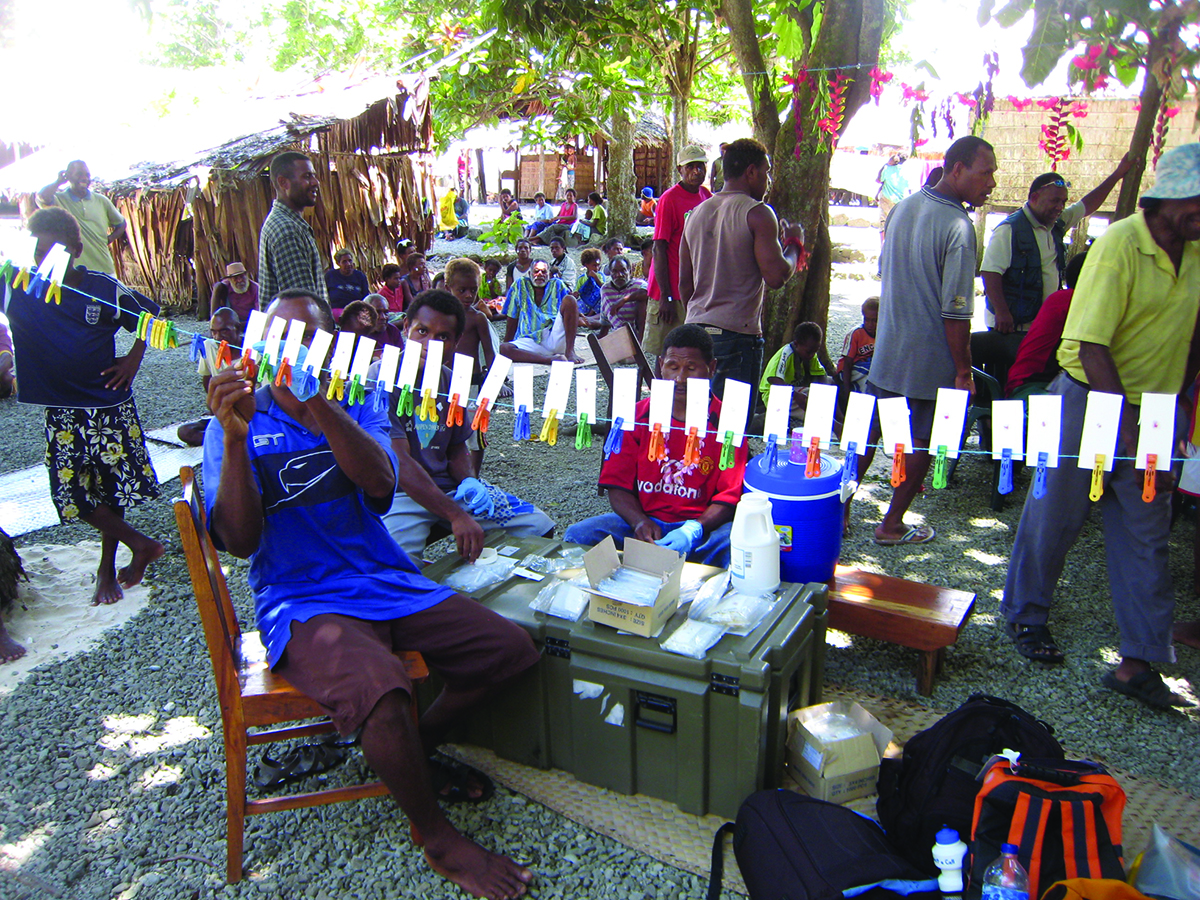
The District-level Readiness for Elimination of Malaria Tool (DREAM-IT)
DREAM-IT is a series of modules designed to systematically collect information from different administrative levels (from community to national level) on a range of operational capabilities and thematic areas determined to be necessary for malaria elimination, such as human resources, supply chain management and supervision mechanisms, amongst others. Results of DREAM-IT can be used to identify areas of improvement across and within different levels of the health system, informing malaria operational planning.
Read More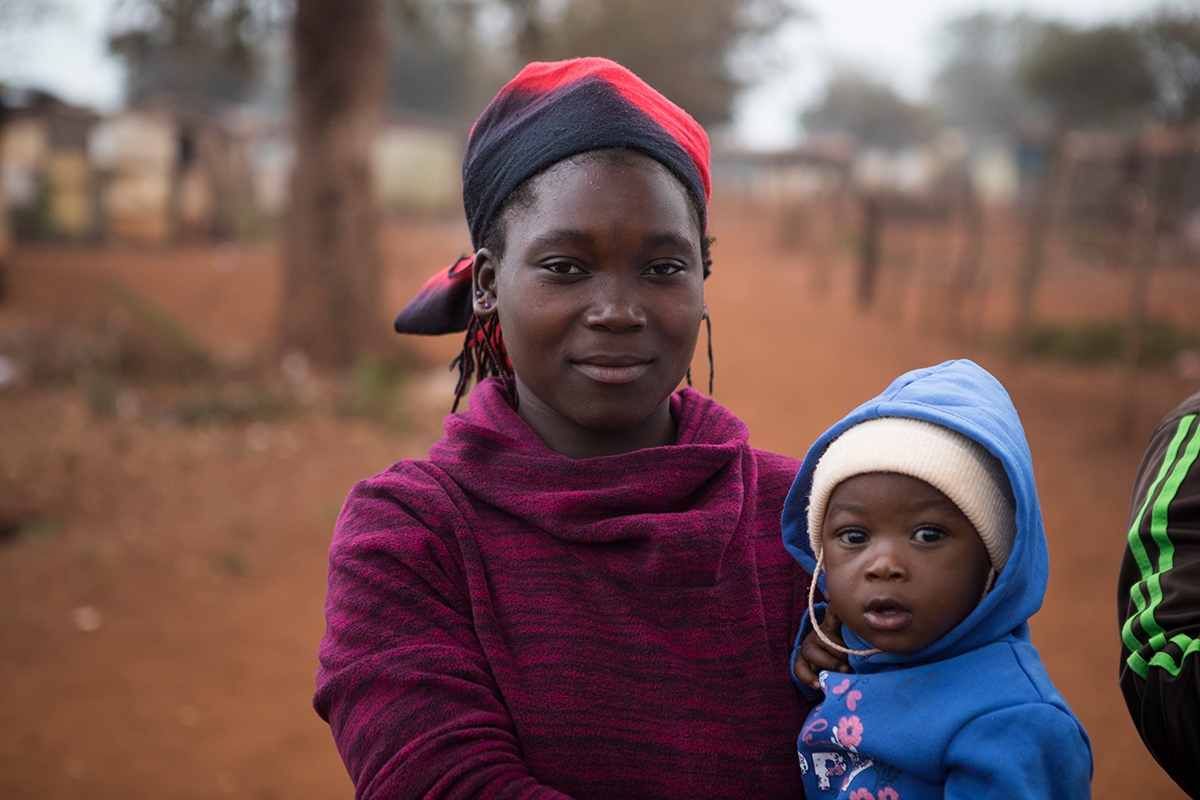
Pioneering the use of mediation analysis to understand the benefits of intermittent preventive malaria treatment in pregnancy
Malaria can have devastating consequences for the mother resulting in babies being born with a low birthweight, which makes them vulnerable during the first year of life. A novel study was published today in The Lancet Global Health to look at alternative drug combinations to prevent malaria in pregnancy.
Read More